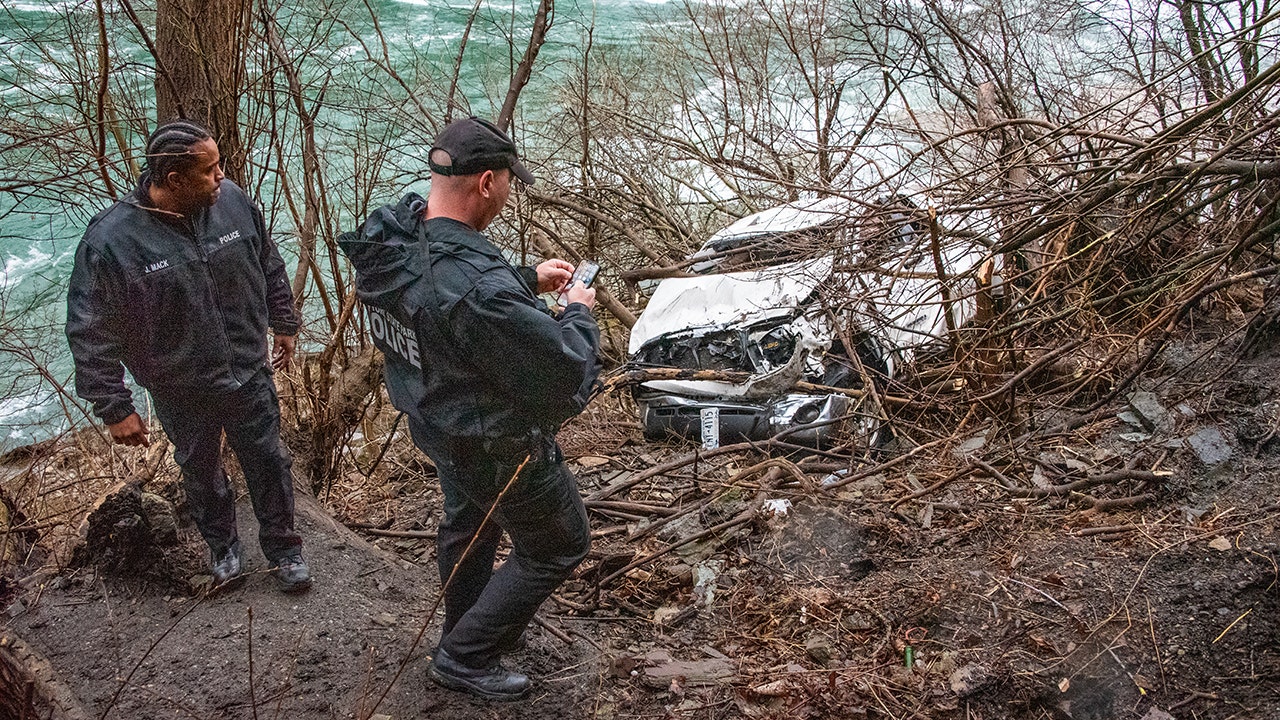Your social circle might be the key to a long, happy life.
That’s according to Simon Sinek, a best-selling author and leadership expert, who says friendship is the “ultimate biohack” for not only surviving longer but thriving while doing it.
“If you think about all the mental health challenges that so many of us are facing today — whether it’s coping with stress, depression, anxiety, addiction, even obsession with longevity — friendship is the ultimate biohack that literally fixes all those things,” Sinek said at the 2024 Brilliant Minds convention.
While American culture often puts romantic relationships on a pedestal, scientists are increasingly turning their attention to something just as critical — platonic connections.
The research is clear: People with close confidants are more satisfied with their lives and less likely to suffer from depression. Tight-knit friends have also been shown to lower anxiety levels and increase our feelings of self-worth.
Strong social connections might even make you live longer. A 2023 study found that older adults with good friends were 24% less likely to die over an eight-year follow-up period compared to those without a solid circle.
“Humans are hardwired to connect and social connections are an essential part of good health and well-being — we need them to survive and thrive, just like we need food, water and oxygen,” Dr. Scott Kaiser, a geriatrician, told Medical News Today.
One reason friendships work wonders for your health is their ability to change how you respond to stress. Research suggests that when we talk to a supportive friend, our blood pressure reactivity is lower than when we’re interacting with someone we have mixed feelings about.
Positive socialization has also been shown to trigger the production of oxytocin — the “feel-good” hormone that helps lower cortisol levels. The stress hormone, while useful in small doses, can wreak havoc on our health when it’s consistently high, contributing to conditions like Type 2 diabetes, digestive issues and weight gain.
Perhaps most critically, having strong friendships combats loneliness, a problem so widespread that former US Surgeon General Vivek Murthy declared a public health crisis in 2023.
Research shows that loneliness not only increases the risk of premature death, but also contributes to a range of serious health issues, including heart disease, stroke, Type 2 diabetes, addiction, dementia and high blood pressure.
A lifelong practice
Building meaningful friendships might feel easier to do when you’re young, but don’t despair — science suggests the bonds you form in your childhood can pay dividends for years to come.
A long-term study tracking more than 250 six-year-old boys found that those who spent more time with friends as kids had lower blood pressure and better BMI at age 32.
“These findings suggest that our early social lives may have a small protective influence on our physical health in adulthood,” Jenny Cundiff, a psychological scientist at Texas Tech University and lead author of the paper, told the Association for Psychological Science.
In another study of 169 15-year-olds, researchers found that teens with higher-quality friendships experienced lower anxiety, higher self-worth and fewer depressive symptoms by age 25 compared to their peers who didn’t prioritize strong social connections in high school.
As for how to maintain those friendships? Sinek says it’s all about putting in the effort.
“Have you sacrificed that meeting to hang out with a friend? Do you call your friends on the birthday and sing them happy birthday? Have you ever said to your friend, ‘I love you?’ Not, ‘Love ya!’ Not, ‘Love you,’” he asked.
If you’re struggling to form new friendships as an adult, psychologist and author Mary E. Anderson suggests starting small. Greet your colleagues with a smile, compliment a stranger’s dog or offer help when you can.
“These instances of warmth can foster a stronger sense of belonging,” she wrote in CNBC Make It. “Play to your strengths. Put your talents, unique skills, and expertise to work to help others. Just make sure you’re being mindful of your limited time and energy, so you don’t burn out in the process.”














